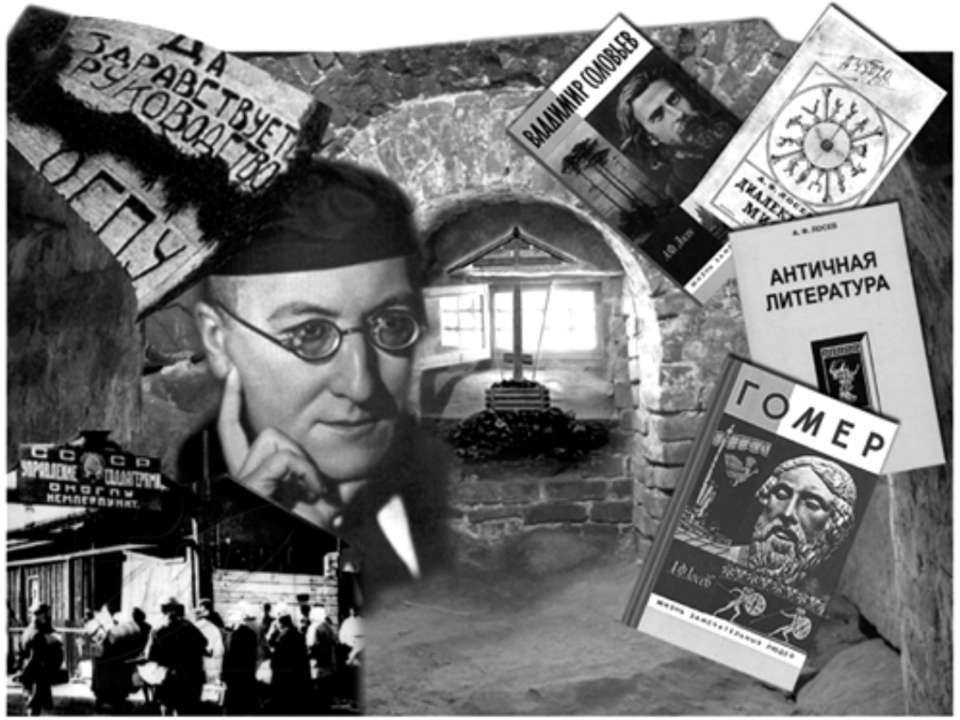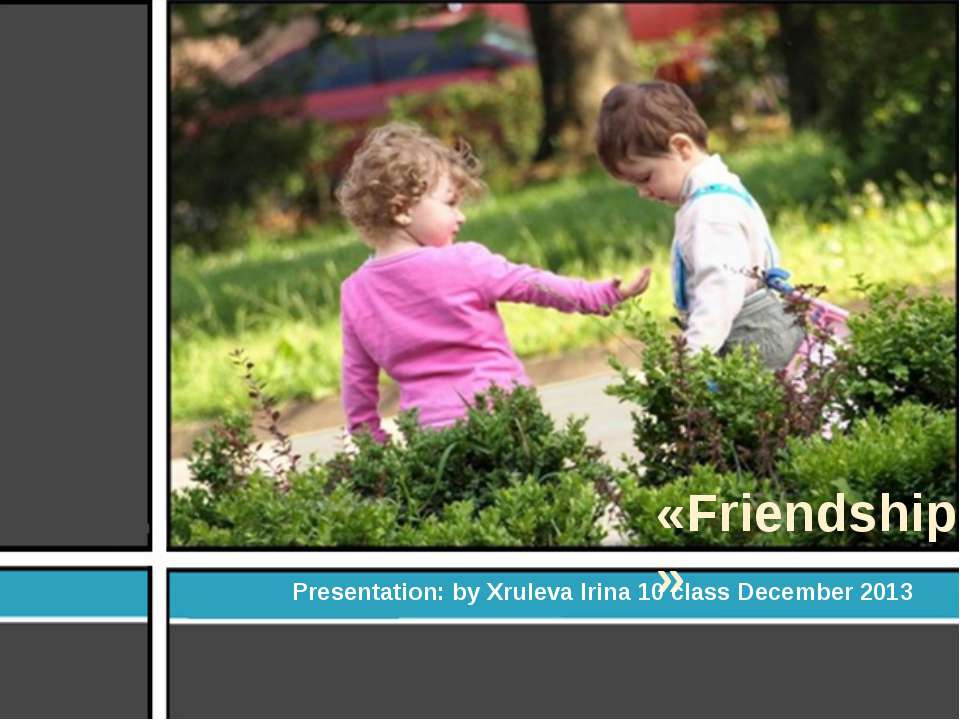A. Losev

- Рубрика: Презентации / Презентации по английскому языку
- Просмотров: 351
Презентация "A. Losev" онлайн бесплатно на сайте электронных школьных учебников edulib.ru
A Russian philosopher, philologist and culturologist, one of the most prominent figures in Russian philosophical and religious thought of the 20th century.
Biography was born on the Don in the city of Novocherkassk In 1911, he finished the classical gymnasium In 1915 he graduated from Moscow University in two of the sections: philosophy and classical philology. was elected Professor at the University of Nizhniy Novgorod (1919), and confirmed his status in Moscow (1923) and then (1920) at the Moscow Conservatory. From 1942 to 1944 he taught in Moscow University and from 1944 on at the Moscow Pedagogical Institute..
Losev and his wife Valentina Sokolova were secretly Orthodox-ordained monks in 1929, and wore hair shirts under their everyday garments. They took monastic names Andronicus and Athanasia.
He was first published in 1916. From 1927 to 1930, he published some of his works in the eight-volume edition: The Ancient Cosmos and Modern Science The Philosophy of Name The Dialectics of the Artistic Forms The Dialectics of Number in Plotinus Criticism of Platonism by Aristotle Music as a Subject of Logic Essays on Classical Symbolism and Mythology, The Dialectics of Myth.
For his "militant idealism", Losev was arrested on April 18, 1930 and condemned to 10 years in the camps at the construction of the White Sea–Baltic Canal, where he almost lost his vision. His wife was arrested June 5 1930 and condemned to 5 years in the camps.
Losev was suddenly released in 1932. After returning to Moscow, he was allowed to pursue his academic career and to teach. He had the opportunity to publish again after Stalin's death. The list of his works includes more than 800 titles, out of which more than forty are monographs.
Losev's wife died in 1954. He enters into a fictitious marriage with a young graduate student Asa Tahoe-Godi, who was his friend and indispensable assistant until his death.
the philosophy of myth the philosophy of the name the nature of the mathematical and linguistic symbols
The house where he lived during the last fifty years of his ninety-five years life is a monument of the history of our culture and has a memorial plaque 'House of A.F. Losev'. From 2004, it has also housed the State Library of the History of Russian Philosophy and Culture.


















